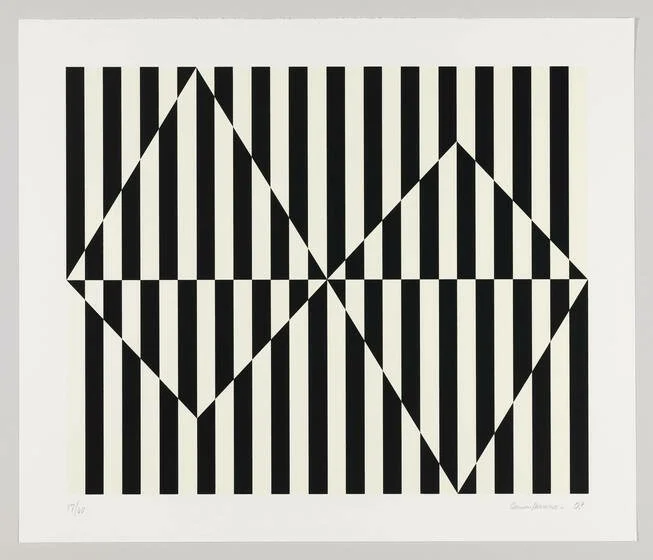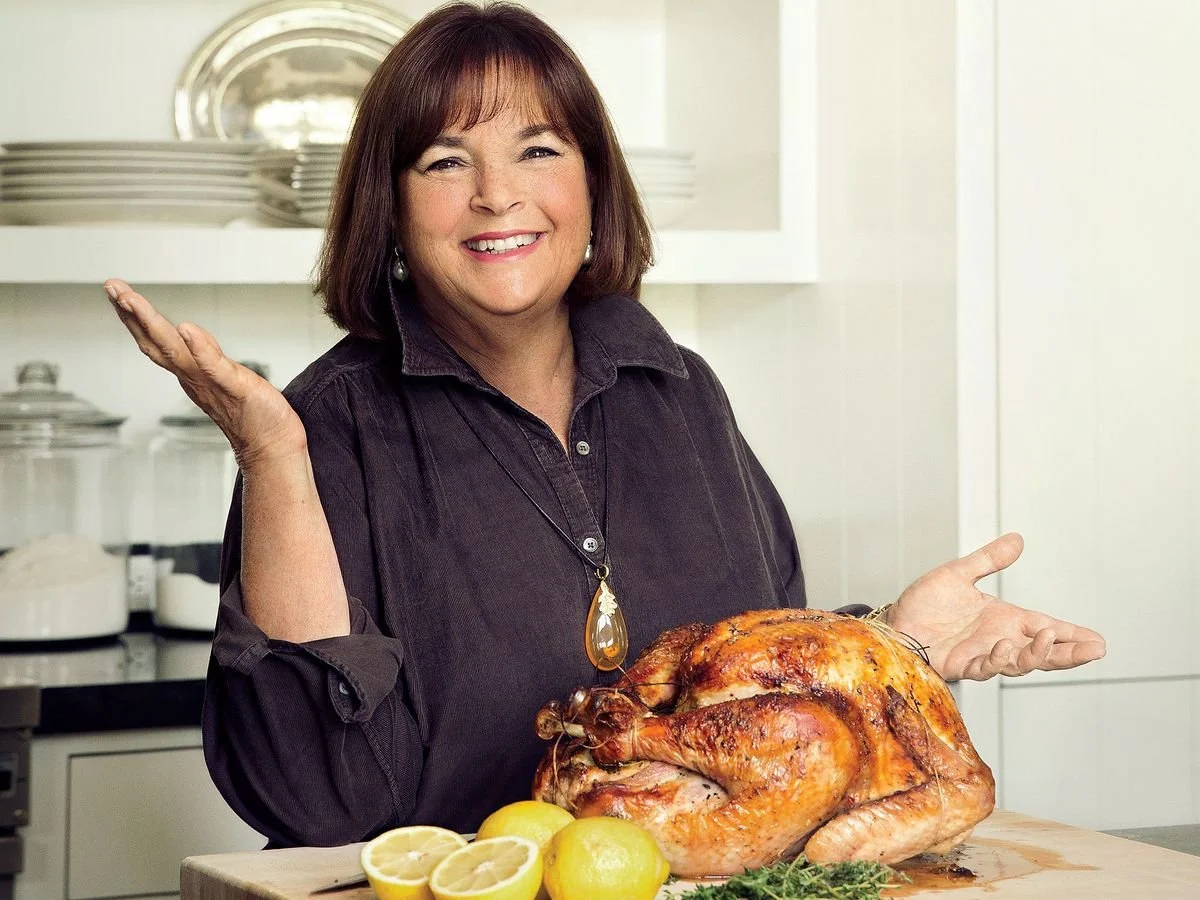It’s Never Too Late! Inspiring Stories of Late-Blooming Success
Do you ever daydream about starting a business, switching careers, or embarking on a new creative pursuit, only to shake your head and tell yourself you’re too old and it’s too late?
While our culture glorifies the success of precocious prodigies and college dropout entrepreneurs, research shows that older business founders and creatives are equally (if not more) successful and talented.
A fascinating MIT study which analyzed 2.7 million entrepreneurs who started businesses between 2007 and 2014 found that a 50-year-old is twice as likely to be successful (defined as a company that performs in the top 0.1 percent of all sectors) than a 30-year-old.
And in 2001, David Galenson, an economist at the University of Chicago, published a famous paper that sought to answer this question: is artistic genius the sole province of the young?
Galenson’s research led to his theory that there are two distinct types of artists. The first are wunderkinds, like Picasso, who work in a conceptual way, starting at a young age with a clear idea and executing quickly. But, Galenson found, there are equally talented creators, like Cezanne, who “bloom late” and whose process is experimental, creating great works of art through trial and error, working tentatively and imprecisely, and improving their work over a long period of time.
Here are the stories of late bloomers who never gave up and found success beyond their twenties!
Carmen Herrera sold her first painting at the age of 89.
Herrera, a Cuban-born painter, worked steadily, exploring a consistent style and sensibility for decades, but did not gain wide attention until she was in her 80’s.
“I do it because I have to do it; it’s a compulsion that also gives me pleasure,” Ms. Herrera said in 2009. “I never in my life had any idea of money, and I thought fame was a very vulgar thing. So I just worked and waited. And at the end of my life, I’m getting a lot of recognition, to my amazement and my pleasure, actually.”
Herrera, who was exhibited at the Whitney when she was 101, died in 2022, aged 106.
Ken Jeong quit medicine for comedy.
Jeong received a medical degree from the University of North Carolina at Chapel Hill and practiced as a physician while doing stand-up comedy and acting as a hobby.
After he was cast as the doctor who delivered Katherine Heigl’s baby in the 2007 comedy, Knocked Up, Jeong quit medicine to focus on his acting career full-time.
Madeleine Albright started her first full-time job aged 41.
On starting her diplomatic career, the former Secretary of State said:
“I worked for a while at Encyclopedia Britannica, then I had my twin daughters, then I went to graduate school and did a lot of volunteer work. In 1977, I started working as chief legislative assistant to Sen. Ed Muskie. Then, in 78, I went to the Carter White House. That was the first time I really had a full-time job.”
Toni Morrison published her first book, The Bluest Eye, at 39.
On recognizing that she had a gift for writing:
“It was very late. I always thought I was probably adept because people used to say so, but their criteria might not have been mine. So, I wasn’t interested in what they said. It meant nothing. It was by the time I was writing Song of Solomon, the third book, that I began to think that this was the central part of my life… It’s almost as if you needed permission to write. When I read women’s biographies and autobiographies, even accounts of how they got started writing, almost every one of them had a little anecdote that told about the moment someone gave them permission to do it. A mother, a husband, a teacher — somebody — said, OK, go ahead — you can do it.”
Zipcar was co-founded by 42-year-old friends who met through their children.
Antje Danielson and Robin Chase met when their children attended the same kindergarten class. At the time, Danielson was a Harvard geochemist and Chase was an MIT business school graduate turned stay-at-home mom.
Danielson recalls: “I was sitting in the playground after school, and there was this other mom who had a business degree and I was telling her about [wanting to start a business].”
Kai Rysdall became an intern at 34.
The veteran host of the award-winning Marketplace, NPR radio’s marquee financial-news program, switched careers several times: first spending eight years as a Navy pilot; then serving in the U.S. State Department in Ottawa and Beijing; before landing in Palo Alto, where his wife was pursuing a business degree.
“I was 34 years old, working at a Borders bookstore on University Avenue making $7 an hour, and (we were) about to have a baby,” Ryssdal said. “I had no idea what I wanted to do with my life — if you’ve never been there, it’s a very, very dark place.”
While shelving books at work, he stumbled upon a compilation of internship opportunities, which prompted him to apply at KQED-FM, San Francisco’s NPR affiliate.
Ina Garten wrote her first cookbook at 50.
On becoming a cookbook author:
“I was 50 years old and I thought the best years of my career were over. [Barefoot Contessa, the store] wasn’t stimulating to me and I tried to figure out what to do next. Type A people think they can figure out what to do next while they’re doing something, and they can’t. An important part of changing and figuring out what to do next is you have to just stop. I had to get good and bored before I could decide what was next — I thought maybe I’ll write a cookbook while I figure it out.”
Ben Fountain published his first book at 48.
After a brief stint practicing real estate law at Akin Gump in Dallas, Ben Fountain quit his job in 1988 to become a full-time fiction writer and take care of his two children.
“I felt like I’d stepped off a cliff and I didn’t know if the parachute was going to open. Nobody wants to waste their life, and I was doing well at the practice of law. I could have had a good career. And my parents were very proud of me—my dad was so proud of me. . . . It was crazy.”
Eighteen years later, his first book, Brief Encounters with Che Guevara, was published. But it wasn’t until he was 54 that Fountain found commercial success with his debut novel, Billy Lynn’s Long Halftime Walk.
James Dyson started his vacuum company at 46.
On being supported by his wife while never giving up:
“There are countless times an inventor can give up on an idea. By the time I made my 15th prototype, my third child was born. By 2,627, my wife and I were really counting our pennies. By 3,727, my wife was giving art lessons for some extra cash. These were tough times, but each failure brought me closer to solving the problem.”










